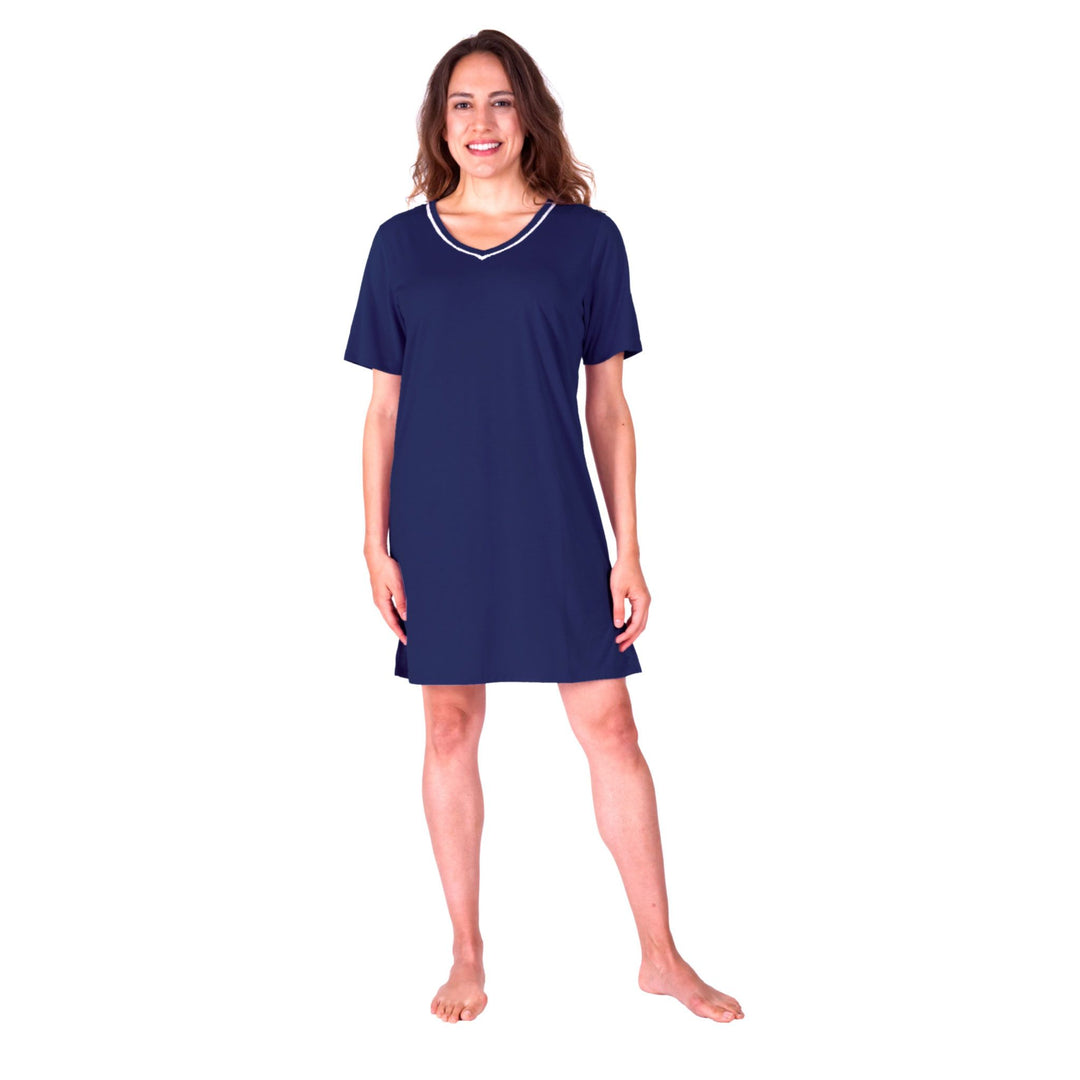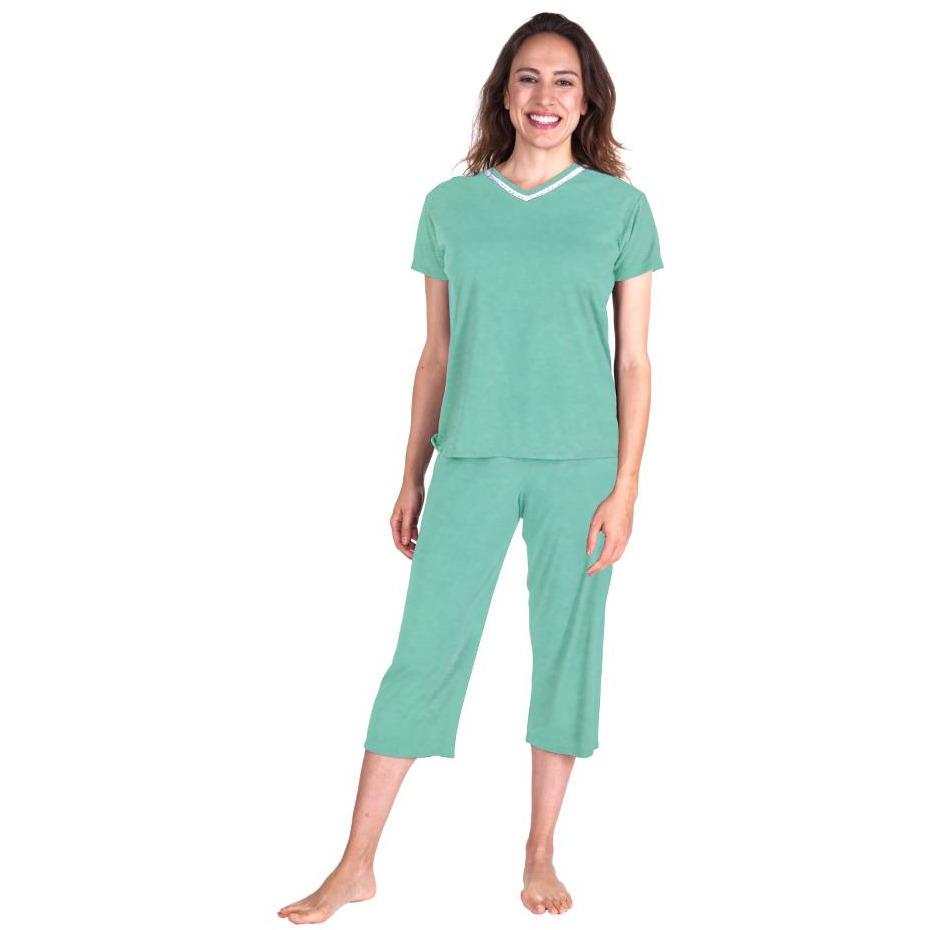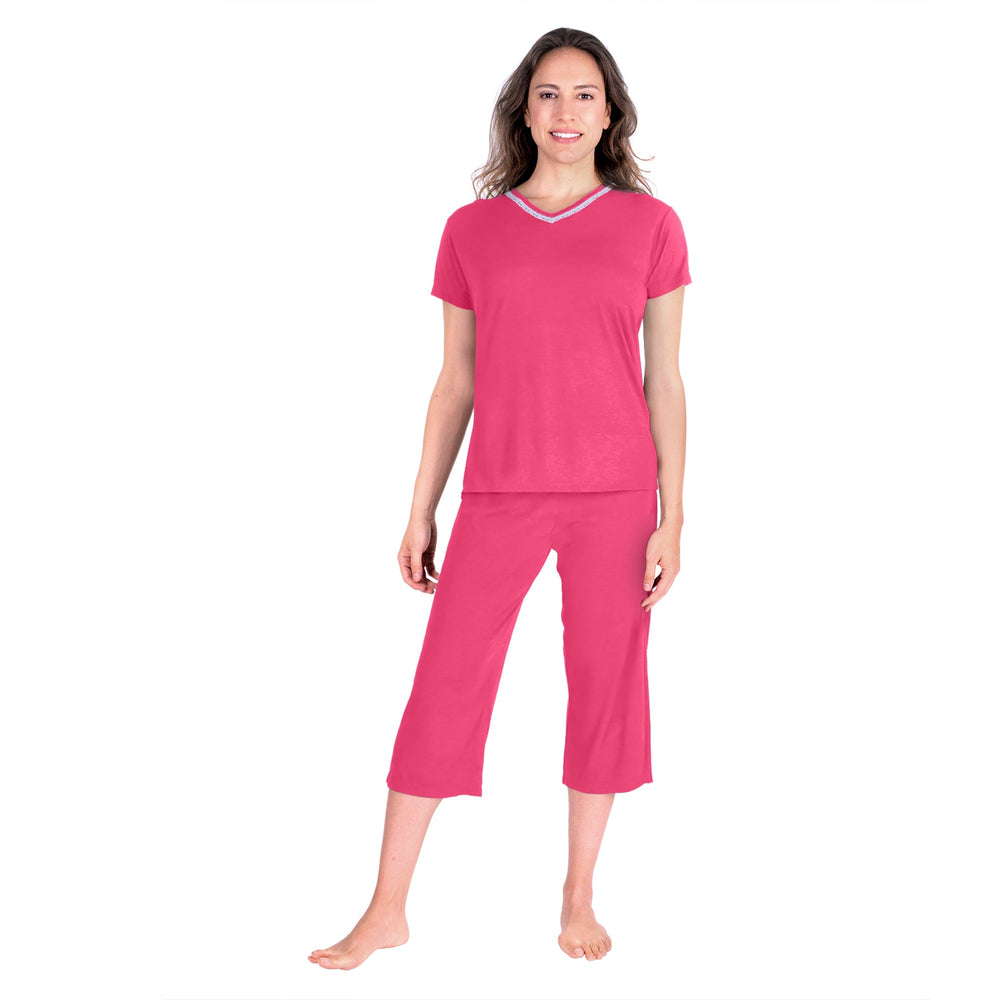Will Turkey Really Make You Sleepy this Thanksgiving?

Nothing compares to the annual Thanksgiving feast. Mashed potatoes, stuffing, gravy, sweet potato casserole and green beans are just some of the items on the menu. But they pale in comparison to the centerpiece: the Thanksgiving turkey. After each course makes its way around the table, it’s not unusual to grab a spot on the couch to “rest your eyes” before dessert is served. For years, experts blamed the amino acid tryptophan, which is found in turkey, for making you tired after overindulging at the Thanksgiving table. Tryptophan assists the body in producing serotonin, which, in turn, is used to make melatonin – the hormone that controls your sleep cycle. But tryptophan isn’t only found in turkey - the amino acid is also found in other poultry, meat, fish, eggs and dairy products like yogurt and cheese.
So it stands to reason that if tryptophan is the culprit, a cheddar cheese omelet would have the same effect. However, when you eat tryptophan and follow it up with carbohydrates – no more than 30 grams, according to WebMD – the two work together to produce more serotonin. So turkey alone won’t make you sleepy, but once you’ve finished your turkey and reach for a second helping of mashed potatoes, the tryptophan will work its magic and send you to dreamland. That’s why a glass of warm milk and a piece of toast are the perfect bedtime snack. If you dread the groggy post-feast feeling, you don’t have to give up your turkey. Just keep the carbs to a minimum and load up on salad and vegetables.
Then later, when you’re ready to settle in after a day filled with family, friends and plenty of pumpkin pie, curl up on the couch with our comfy, cozy cool pjs!







